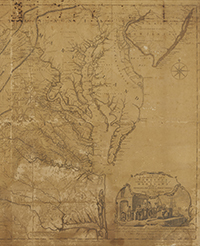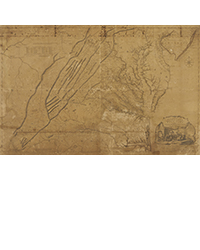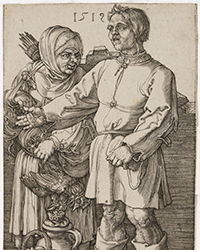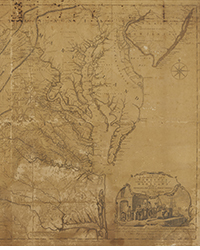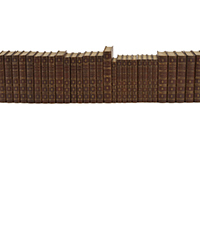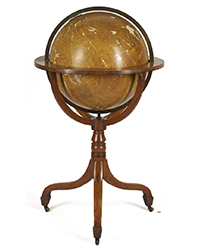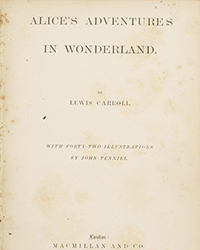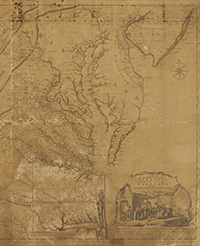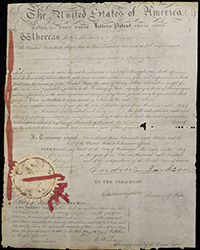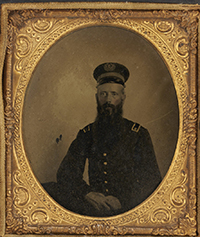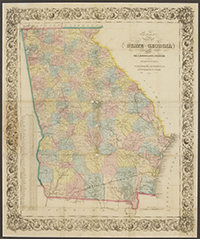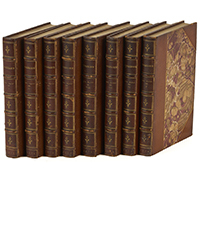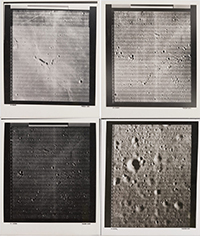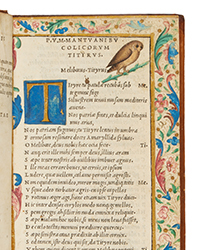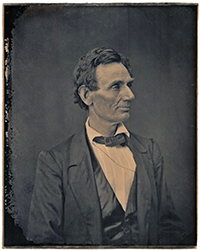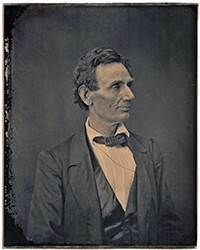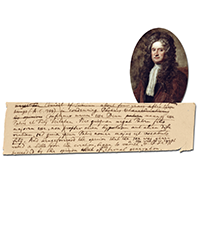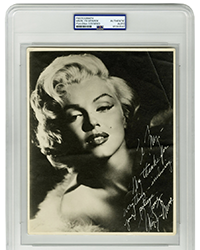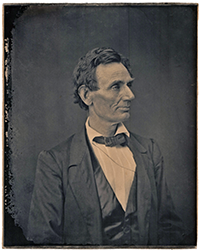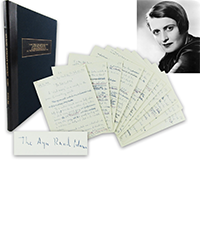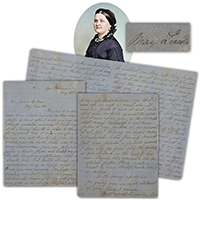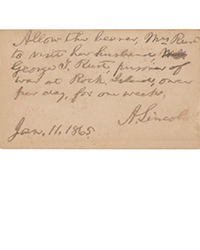Rare Book Monthly
Articles - November - 2009 Issue
The Google Settlement: Where It Stands, and Our Opinion on the Appropriate Resolution
By Michael Stillman
The proposed settlement that would allow Google to offer digital copies of copyrighted books, and in particular so-called "orphan books," books that are out of print and their copyright holders hard to find, is moving ahead at a rapid pace, too rapid for some of the opponents. Google had reached a settlement with two groups representing authors and publishers, but the agreement also seeks to bind these missing copyright holders who have no say. A whole host of other parties has volunteered to speak on their behalf.
The settlement provides for an independent registry, funded by Google but managed by authors and publishers, to keep track of copyrighted books. Those available to Google would be sold with a 63%-37% split (copyright holder-Google) of revenues. Copyright holders may either put their names into the registry for their share of the royalties, or decline to participate, in which case Google will not sell access to their books. However, if neither claim nor refusal is filed (which will often be the case as many of these copyright holders could be authors dead for 60, 70, 80 years), Google will be able to sell access to the books without compensating the copyright holders.
Many parties have objected to this settlement, including competitors such as Amazon, Microsoft, Yahoo, and the nonprofit Internet Archive. Various publishing, library, and author groups can be found on each side of the issue, while Amazon book reader competitor Sony has sided with Google. Most of the opponents have banded together in an organization known as the Open Book Alliance. These groups sued in court to stop the settlement.
The case appeared to be coming close to a court ruling when the U.S. Government joined the opposition. This appeared to be a major victory for the objectors, but the government's objections may be much narrower than those of the other opponents. The government appears to want the settlement to be approved, but only after certain changes are made to allow for greater competition. The government wants other potential vendors of "orphan books" to have access to the same deal as Google, along with a few other changes. Once the government filed its objection, the court immediately put its plans for an October 6 decision on hold, and encouraged the parties to come up with a revised settlement that would resolve the differences.
Now, Google and its settlement partners have succeeded in getting the court to set the next hearing for November 9, where they will offer their revised settlement. Their hope is for a final court ruling in December or January. The Open Book Alliance reacted bitterly, claiming that Google and its settlement partners are pushing through a revision that may satisfy the government objections, but not their own (and for some of them, their hope may simply be to kill the settlement, not revise it). The OBA issued a statement saying that any settlement must be fully reviewed by all of their parties, not just the government. They continued, "It's also clear that the settlement partners have zero interest in creating an open process that takes input from critical stakeholders. Instead, Google and its partners are serving their private business interests and ignoring the public interest. They came to the courtroom without a single concrete recommendation of how they would address any of the problems with the original settlement. Instead, they proposed more of the same - secret, backroom negotiations - rather than an open, transparent and collaborative process."
We asked Google's Megan Lamb for Google's position on access by competitors to the books listed in the Registry. She responded, "The settlement is non-exclusive. The registry can do deals with any other company, including Google competitors, and as the testimony [of Google's Chief Legal Officer David Drummond before the House Judiciary Committee on September 10] says, 'If a competitor offers the registry a better deal, the registry has every incentive to take it.'" In other words, any competitor would be free to deal with the authors and publishers' registry, just as Google has. As for "orphan books," those for whom permission to republish is neither received nor denied, Ms. Lamb stated, "We have supported orphan works legislation for many years and continue to do so." She referred us to Mr. Drummond's testimony for more details on Google's position.


